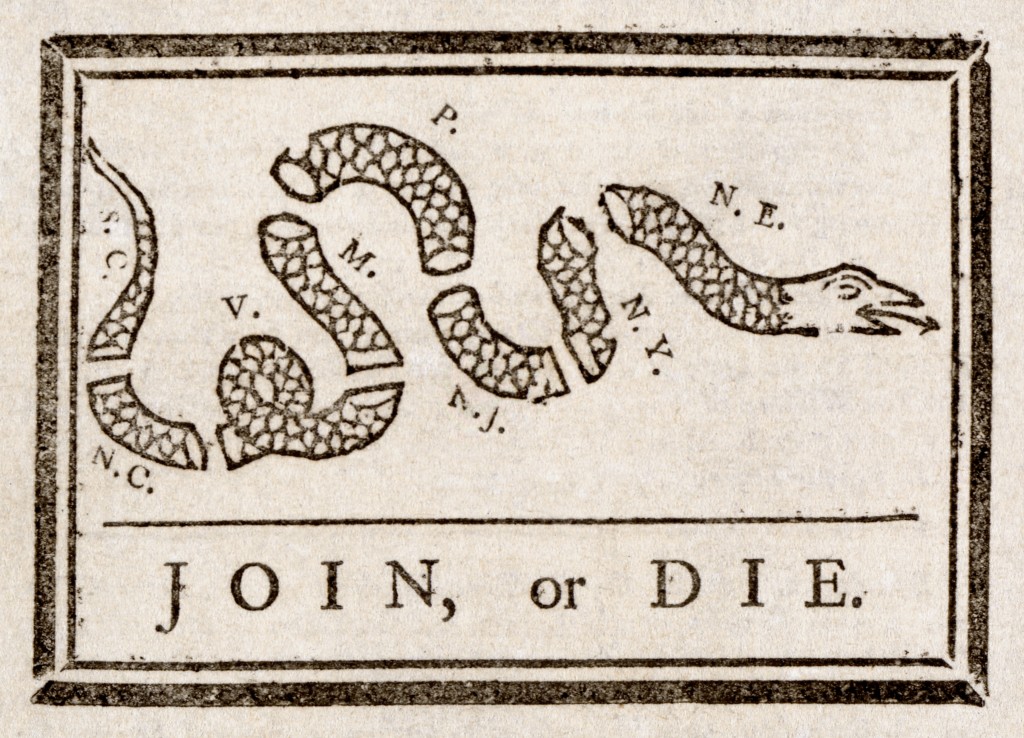Free & Open Source Software: the Libertarian View
A few days ago I entered a conversation (in French) on the LibreOffice mailing lists that was highlighting the misunderstanding that some people were caught into about how the project is running and how Free and Open Source Software works. There was nothing new in this conversation, so to speak. Free and Open Source Software, at least its inner workings, remains a set of elusive concepts for many people, even for actual contributors. As I was getting frustrated over some parts of the discussion, it dawned on me that Free Software was an interesting depiction of the views and ideas rooted at the core of the Libertarian movement in North America. While we owe Microsoft the rare “priviledge” for the label of “communists”, it turns out that studying Free Software through the prism of libertarian ideas may prove an effective way to gain a proper understanding of the matter. 
Let’s see how we could do this. I’ve based the reference to libertarian concepts on the Wikipedia article, and will therefore refer mostly to “US libertarianism as it stands today”. However, this post is not at all meant as a reflection on my own political opinions.
- Individual Liberty : this is an easy one. Free Software’s four freedoms are implied by it as well as they imply individual liberty. On a deeper level, the right to fork software, and the basic right, often overlooked or buried under several other distinctions, to write and develop software are expressions of individual liberty.
- Political Freedom: essentially an extension of the first right described above, the notion that we cannot prohibit anyone to use Free Software regardless of its purpose would match political freedom in the software world.
- Voluntary Association: the fundamental right to open a project online, open your source code repository and your development to anybody else. Or not to do it as Free Software does not mandate the development of software by community but focuses solely on the freedoms brought by the code.
Next would come more controversial concepts that are hallmarks of the modern day US Libertarianism:
- Small government: we don’t like structure and Free and Open Source Project. We want freedom, no bureaucracy, and the more bureaucratic a Free Software project becomes, the less contributions it gets. Also, we love contributors, but politicians tend to have an importance brought down to almost nothing.
- Stop the Welfare Queen: that is actually a very important point. True Free and Open Source Software projects are meritocracies. They are no democracies, or they’re only limited democracies in that only an identified set of people (recognized contributors most of the time) can elect their representatives or the formal leadership of the project. A meritocracy is a system of governance where the people who decide are the people who do and who work on the project. The only thing we give away for free and for ever is the code, the software itself. As such the software is sometimes labeled as the Digital Commons, which does not really belong to libertarian views.
- Individual initiative: besides meritocracy, we could maybe even call Free and Open Source projects “Do-ocracies”. It’s not enough to be meritocratic as the entire base of reasoning relies on the individual initiative. You could be meritoratic in the essence, but still steers dozens of people to go this way or that way, and then distinguish the ones who accomplished the most. That is however not usually the case for Free and Open Source projects that appeal to different kinds of contributors by highlighting opportunities for contributions that may be as diverse as possible (although it usuall depends on the project: a C compiler project may not need a host of marketing and UX experts).
Where this comparison stops being relevant is in two important points, one of them I’ve written about above. Digital Commons introduce the notion of Commons that is usually not part of the traditional libertarian corpus of ideas, although it’s not entirely sure Commons would be a concept antagonistic to Libertarianism. Commons -and their digital version- coin the idea that we all share a common resource. For the physical world, it means everyone manages specific resources in common: food, water, wood, ore, books. One may need as much as a government branch for this, or as little as a rural community. Digital Commons are pretty much everything we produce online, from code (in its binary and source forms) to artwork, documentation, etc. And these are considered commodities that cannot be privatised or segregated from the common lot except under very, very specific circumstances and conditions.
The second point where Libertarianism may be at odds with Free and Open Source Software projects is the natural tendency of these projects to instigate voluntary sharing and collaboration. Libertarianism does not stand against these, but it usually does not pitch these notions as hallmarks of the values it advocates. Of course, one could point out that as much as there are libertarians on the right, so are there on the left, and that would be where these notions would then create a rift or at least an ideological divide.
While Libertarianism may not reflect my political views, I believe it provides an interesting prism to better understand how Free and Open Source Software projects work, and I hope I’ve been successful in exposing the libertarian ideas as well as the concepts of Free and Open Source Software.
Cheers!

Leave a Reply